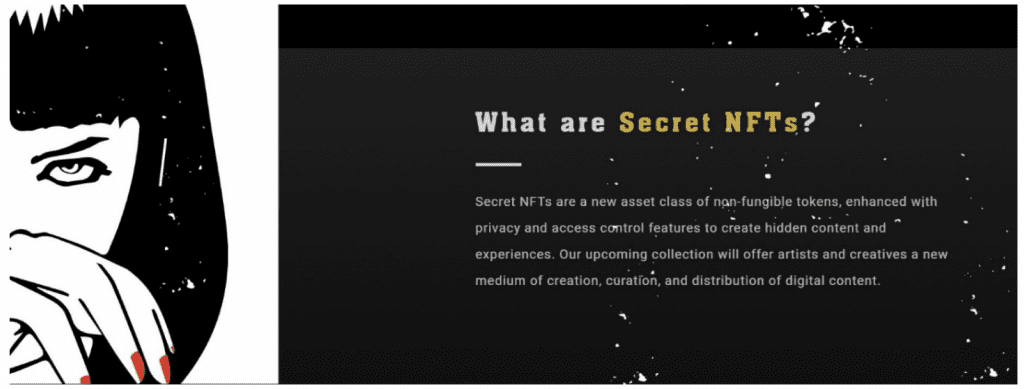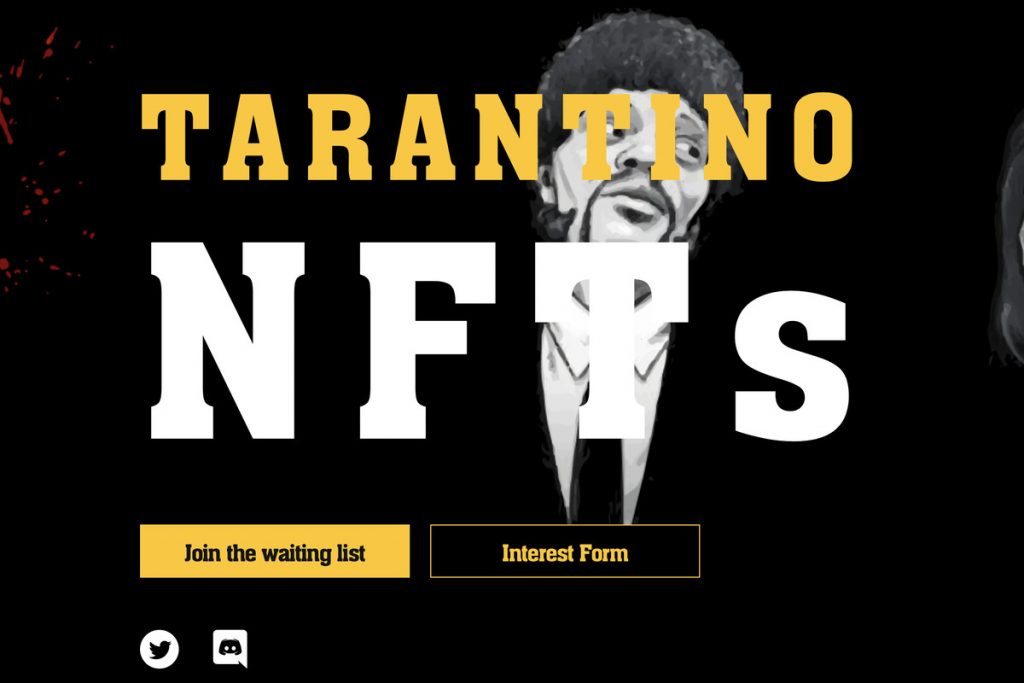Miramax v. Tarantino is the latest lawsuit to center on the budding field of non-fungible tokens (“NFT”). Eager to cash in on the tech trend that has taken over the web in recent months, Miramax claims that Quentin Tarantino “recently announced plans to auction off seven ‘exclusive scenes’ from the 1994 motion picture Pulp Fiction in the form of NFTs.” The problem with that, according to Miramax’s newly-filed copyright and trademark infringement, and breach of contract complaint, is that the famed director “granted and assigned nearly all of his rights to Pulp Fiction (and all its elements in all stages of development and production) to Miramax,” including those that would enable him to legally sell the NFTs at issue.
In the complaint that it filed in a California federal court on Tuesday, Miramax asserts that it acquired “all rights (including all copyrights and trademarks) in and to the [Pulp Fiction] film (and all elements thereof in all stages of development and production)” from writer and director Tarantino and producer Lawrence Bender in 1993. The Los Angeles-based entertainment company asserts that while Tarantino held on to rights in connection with a string of agreements over rights in Pulp Fiction, his “limited ‘Reserved Rights’ … are far too narrow for him to unilaterally produce, market, and sell the Pulp Fiction NFTs,” which have been marketed as consisting of “seven uncut Pulp Fiction Scenes as Secret NFTs,” and which include “scans of some pages of the Pulp Fiction script.”
“Tarantino’s Reserved Rights were limited to the ‘soundtrack album, music publishing, live performance, print publication (including without limitation screenplay publication, ‘making of’ books, comic books and novelization, in audio and electronic formats as well, as applicable), interactive media, theatrical and television sequel and remake rights, and television series and spinoff rights,’” per Miramax. Meanwhile, the Harvey Weinstein-founded film company says that it maintains “broad rights” to Pulp Fiction, including “various registered and unregistered trademark rights in the name ‘PULP FICTION,’” as well as “valid and subsisting United States copyrights registered with the U.S. Copyright Office.”

Despite the “sweeping rights granted to Miramax” in the various agreements it entered into with Tarantino, the company claims that “Tarantino did not consult [with it] regarding his sale of the Pulp Fiction NFTs,” and instead, has allegedly opted to “capitalize, unilaterally, on [its] rights to Pulp Fiction,” thereby, giving rise to a likelihood that the “relevant consuming public will be confused as to the source of the Pulp Fiction NFTs,” and at the same time, Tarantino is “likely to deceive the relevant consuming public into believing, mistakenly, that the Pulp Fiction NFTs originate from, are associated or affiliated with, or are otherwise authorized by Miramax” when that is not the case.
With this in mind, Miramax asserts that it attempted to alert Tarantino “in great detail” about the infringing nature of the project by way of a cease-and-desist letter, which it sent to the director two days after he first announced the venture. However, in lieu of a resolution, and in light of Tarantino “wrongly claiming that his narrow Reserved Rights are sufficient” and “refus[ing] to comply with Miramax’s demands to cancel the sale of the Pulp Fiction NFTs,” Miramax claims that it has been “forced to bring this lawsuit against a valued collaborator in order to enforce, preserve, and protect its contractual and intellectual property rights relating to one of Miramax’s most iconic and valuable film properties.”
Left unchecked, Miramax contends that “Tarantino’s conduct could mislead others into believing [that it] is involved in his venture,” and more broadly than that, such alleged infringement by Tarantino could also “mislead others into believing they have the rights to pursue similar deals or offerings, when in fact Miramax holds the rights needed to develop, market, and sell NFTs relating to its deep film library.”
As such, Miramax sets out claims of breach of contract, copyright infringement (Miramax asserts that “except for Tarantino’s limited set of Reserved Rights, [it] is the exclusive owner of rights under copyright in and to the motion picture Pulp Fiction, and all elements thereof in all stages of development and production”), and trademark infringement, and is seeking monetary damages and injunctive relief, presumably in order to stop the impending sale of the NFTs, which is slated for December, and potential future efforts by Tarantino to infringe its rights in the film.
NFT Lawsuits on the Rise
The newly-filed Miramax v. Tarantino case is one of the most high-profile examples in the budding field of NFT-related litigation. It follows from the similarly-noteworthy July 2021 securities class action lawsuit that an individual named Jeeun Friel filed against Dapper Labs Inc., alleging that the defendant’s NBA Top Shot platform actually sold securities when it offered up NBA-centric NFTs, and ran afoul of U.S. securities laws in the process, as the NFTs were not registered with the Securities and Exchange Commission.
Meanwhile, the question of who has the right to sell NFTs tied to existing assets is at the heart of another headline-making lawsuit, one that Roc-A-Fella Records filed against Damon Dash in the U.S. District Court for the Southern District of New York in June in a quest to prevent the Roc-A-Fella Records co-founder from auctioning off an NFT tied to the copyright for Jay-Z’s debut album, Reasonable Doubt. In an early development in the case, Southern District of New York Judge John Cronan issued a temporary restraining order in Roc-A-Fella’s favor in late June, blocking the auction, on the basis that Dash does not maintain any rights in the album and breached his fiduciary duty to the label in connection with the attempted auction.
As Roc-A-Fella Records argued in its complaint, while Dash owns a one-third “equity interest in [the record label], he does not own the copyright” at issue.
Both cases are currently underway before the U.S. District Court for the Southern District of New York, as part of a growing rise of NFT-centric suits that coincides with the surge in interest in – and demand for – NFTs since early this year.
The case is Miramax LLC v. Tarantino, 2:21-cv-08979 (C.D.Cal.).











